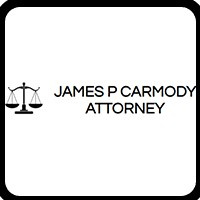Breaks Collection Lawyer, Virginia
Not enough matches for Breaks Collection lawyer.
Below are all Breaks Bankruptcy & Debt lawyers.
James P Carmody
✓ VERIFIEDBankruptcy, Family Law, Credit & Debt
Since 1976, Mr. Carmody has provided outstanding legal services for bankruptcy, divorce, custody issues, and adoption proceedings to clients in the gr... (more)
Bruce Harold Russell
Criminal, Child Custody, Civil & Human Rights, Insurance, Bankruptcy
Status: In Good Standing
David Joseph Hutton
Commercial Real Estate, Real Estate, Government, Bankruptcy & Debt
Status: In Good Standing
James Martin Adkins
Divorce & Family Law, Criminal, Bankruptcy & Debt, Accident & Injury
Status: In Good Standing


